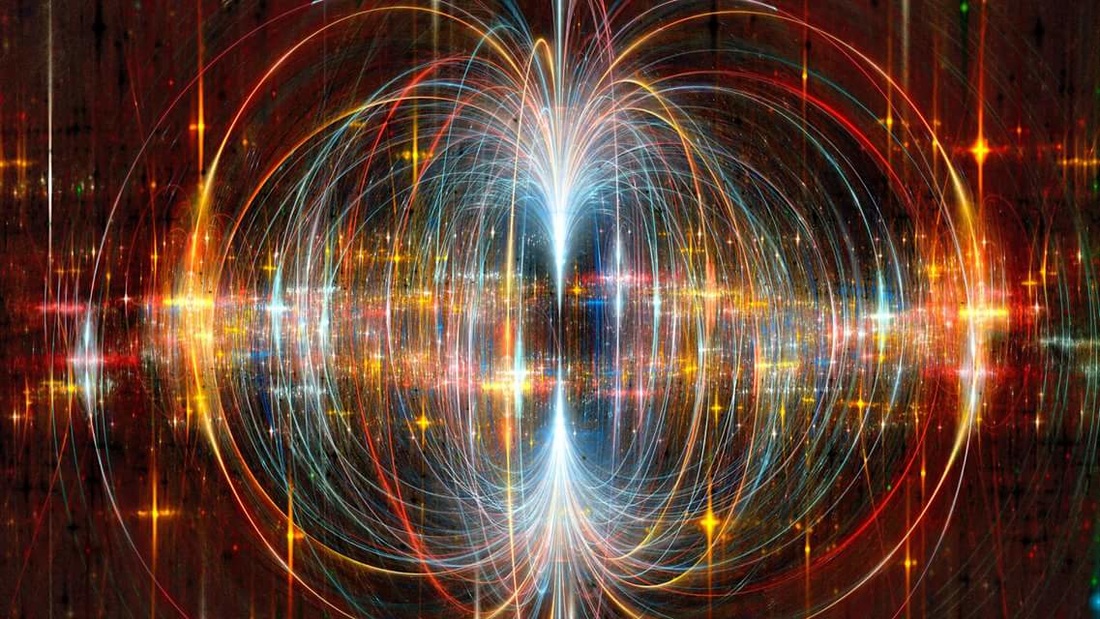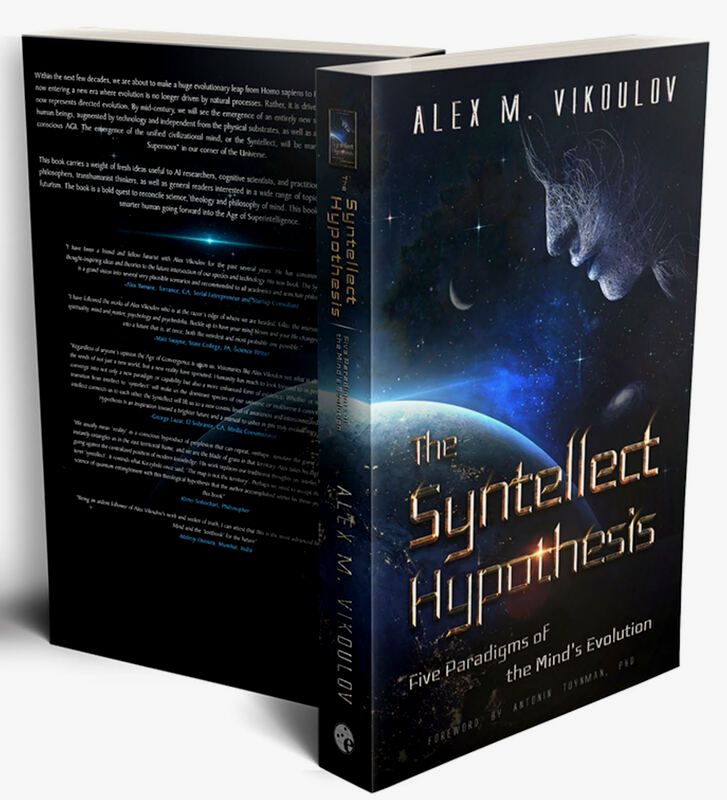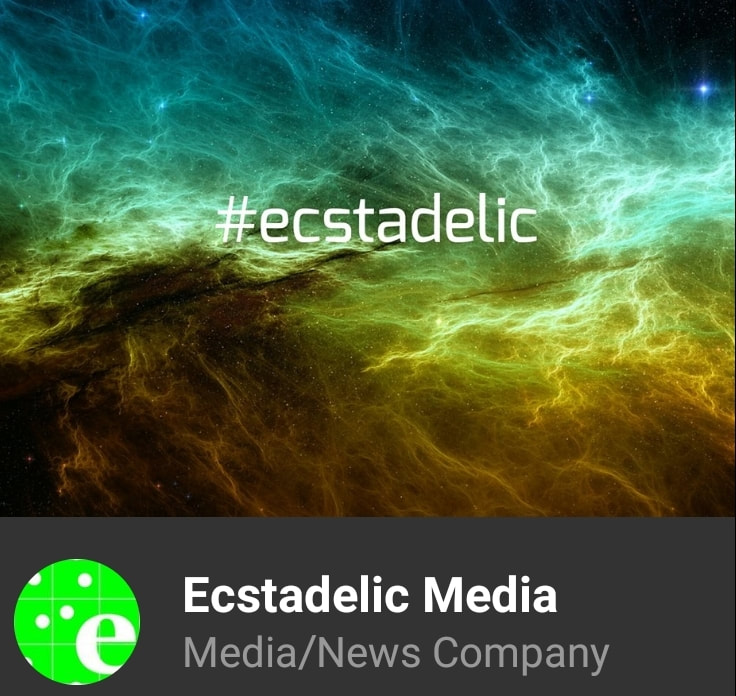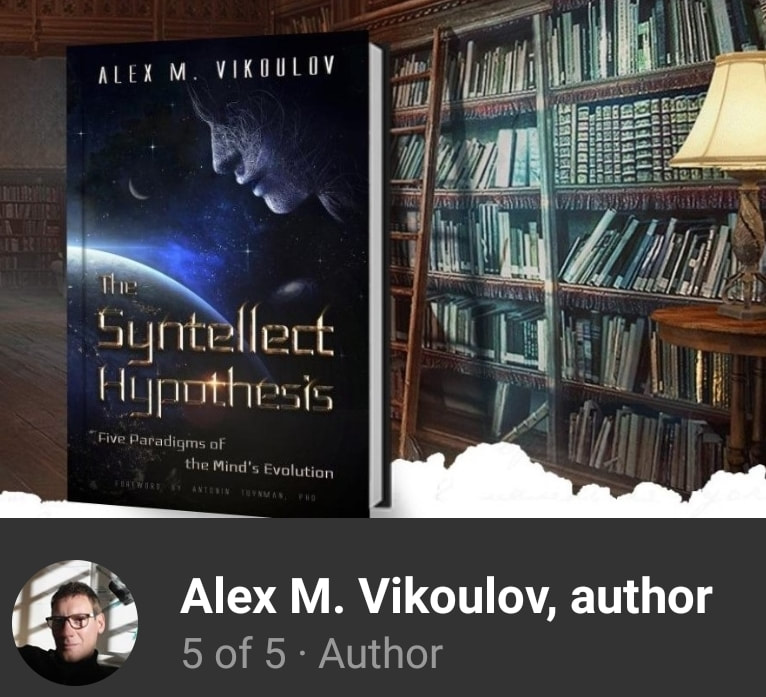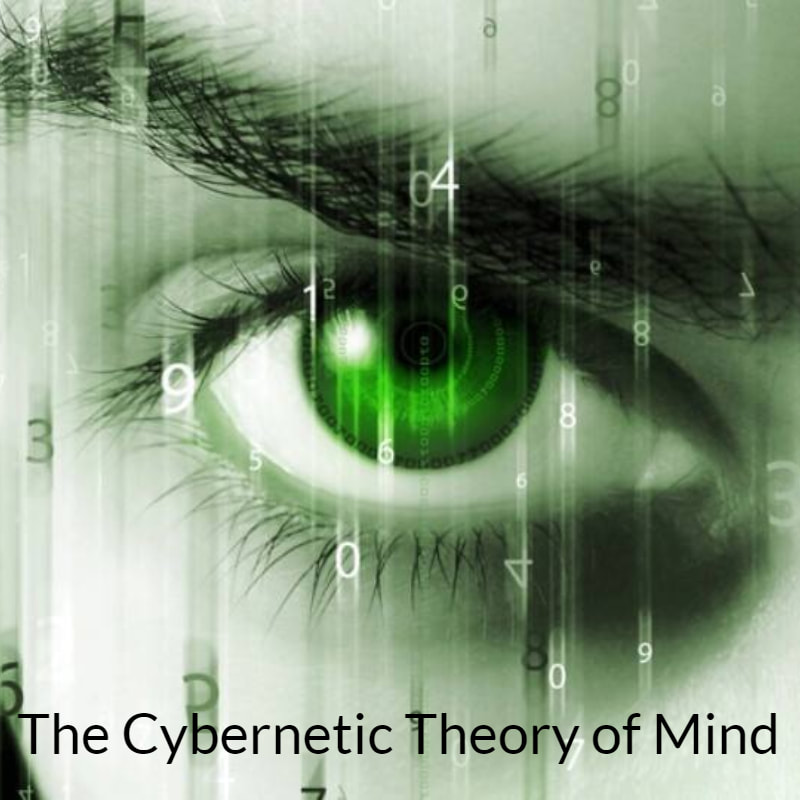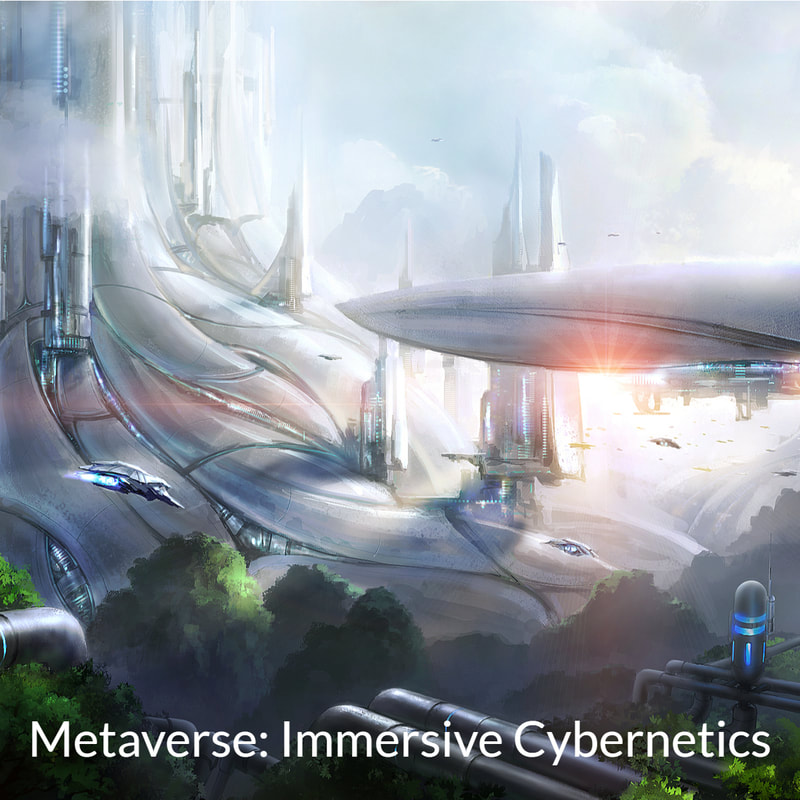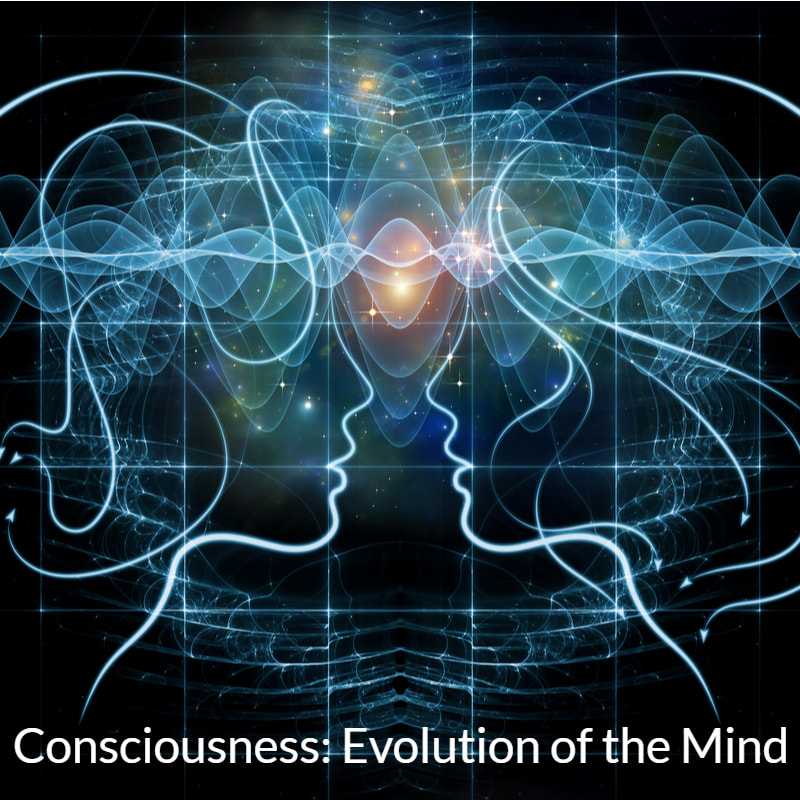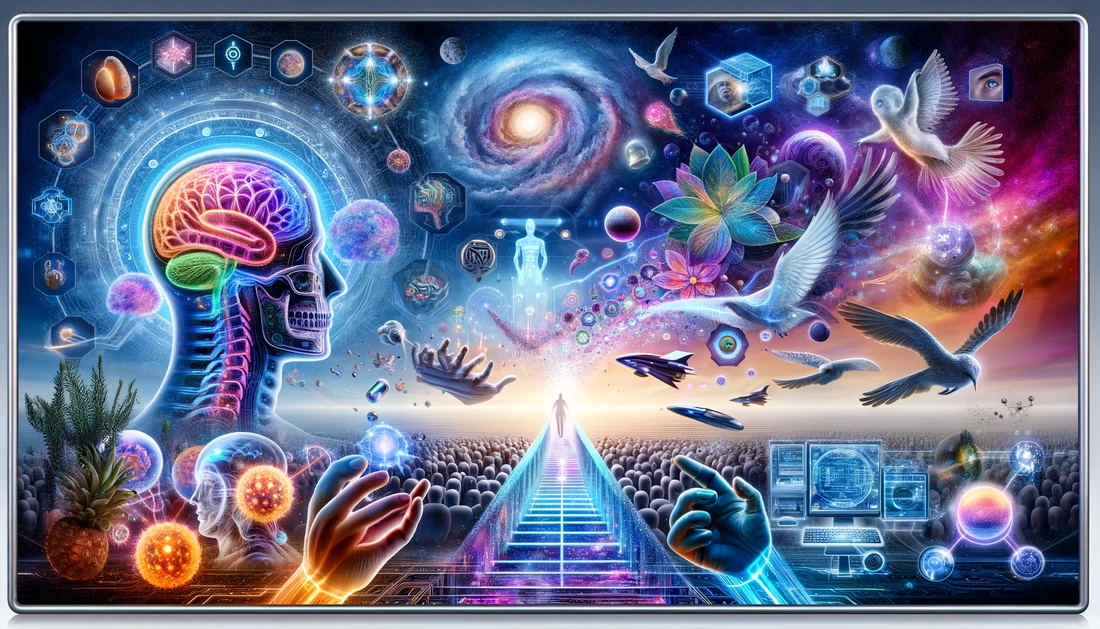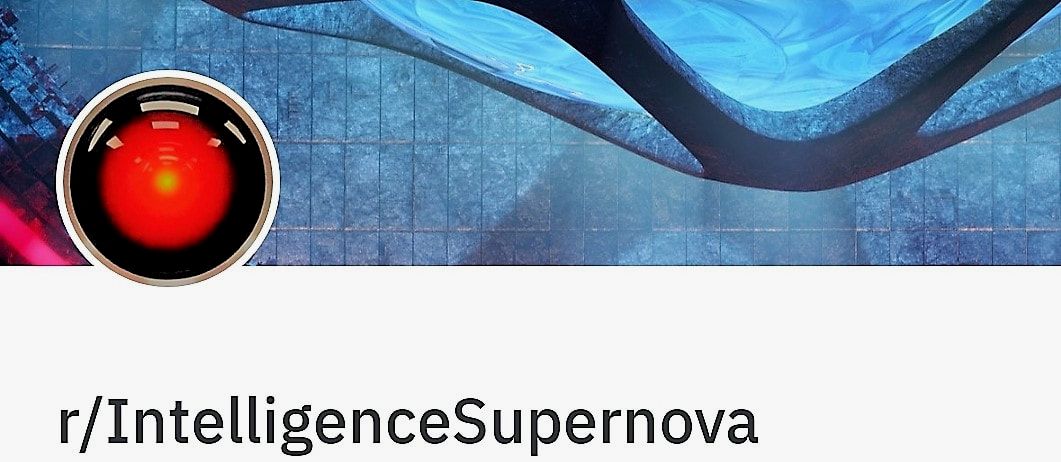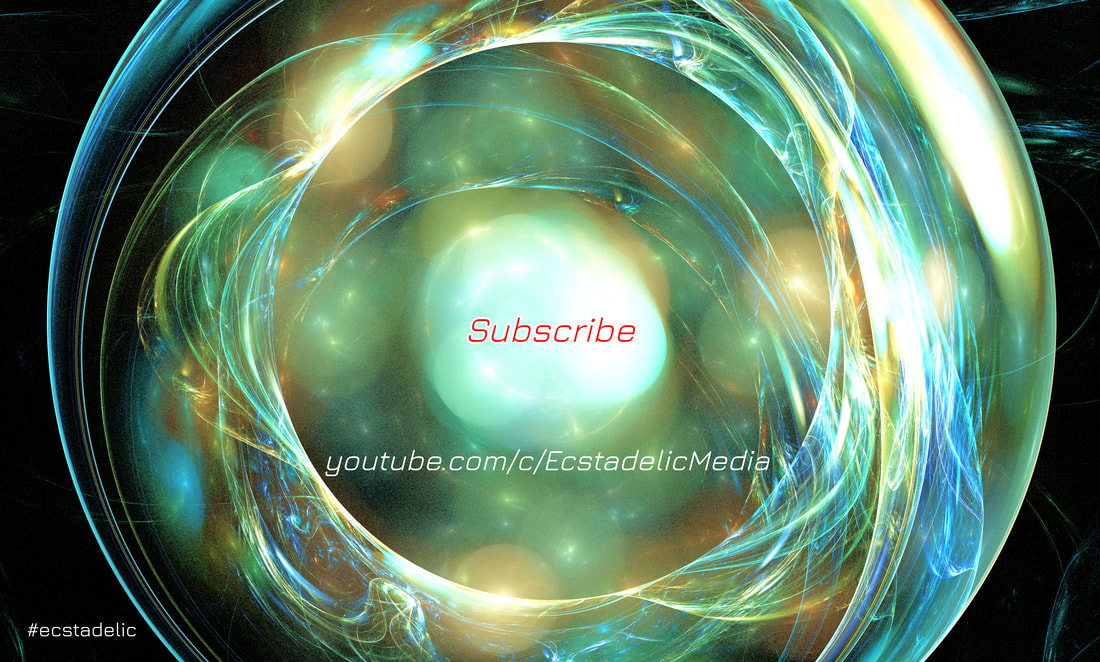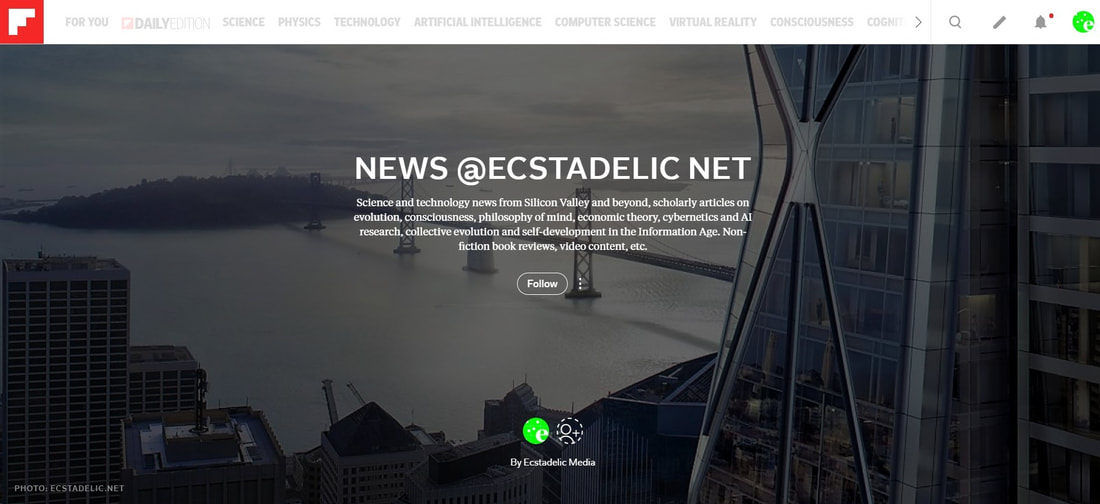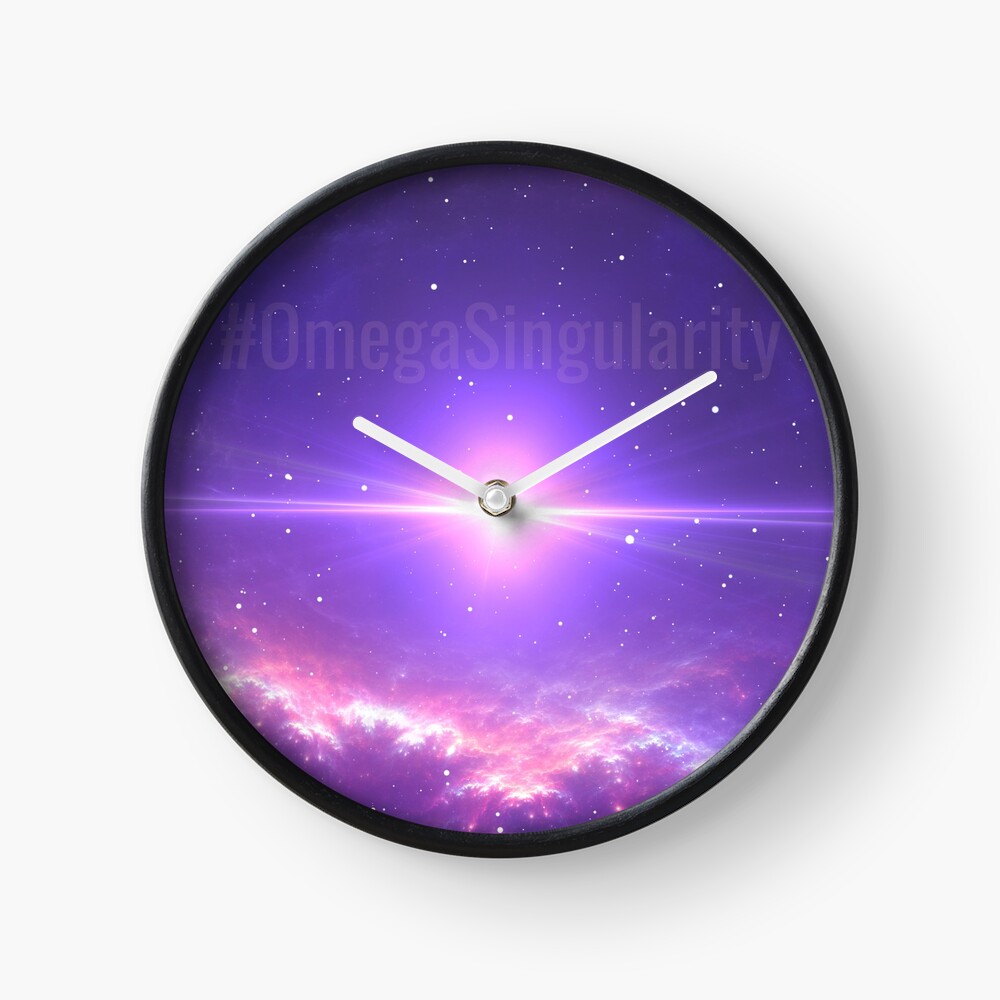|
by Alex Vikoulov “Nanotechnology has given us the tools…to play with the ultimate toy box of nature atoms and molecules. Everything is made from it…The possibilities to create new things appear endless.” -Horst Störmer The nanotech field was arguably launched by Richard Feynman’s 1959 talk “There’s Plenty of Room at the Bottom.” As Feynman said then: "It is a staggeringly small world that is below...Why cannot we write the entire 24 volumes of the Encyclopedia Britannica on the head of a pin? " Eric Drexler’s 1987 book Engines of Creation popularized the notion of nanotech and the next tour de force in the field was his classic 1992 book Nanosystems, which laid out conceptual designs for a host of nanomachines, including nanocomputer switches, general-purpose molecular assemblers, and a fascinating variety of other good stuff. Today's nanotech mostly focuses on narrower nano-engineering than what Drexler envisioned, but it’s still in the process of building a platform and tools that will ultimately be useful for realizing Feynman’s and Drexler’s dreams. The emerging nanotech marks manufacturing and utilization of carbon nanotubes, which have multiple applications, from the relatively simple such as super-strong fabrics and fibers to potential components of more transformative nanosystems like nanocomputers, molecular assemblers, and nanobots connecting our brains to the cloud. What's next beyond nanotechnology? Here's how Wikipedia defines the term femtotechnology: "Hypothetical term used in reference to structuring of matter on the scale of a femtometer, which is 10^−15m. This is a smaller scale in comparison to nanotechnology and picotechnology which refer to 10^−9m and 10^−12m respectively." Hugo de Garis, Australian AI researcher, wrote a few years ago in Humanity Plus Magazine on the power of the femtotechnology: "If ever a femtotech comes into being, it will be a trillion trillion times more “performant” than nanotech, for the following obvious reason. In terms of component density, a femtoteched block of nucleons or quarks would be a million cubed times denser than a nanoteched block. Since the femtoteched components are a million times closer to each other than the nanoteched components, signals between them, traveling at the speed of light, would arrive a million times faster. The total performance per second of a unit volume of femtoteched matter would thus be a million times a million times a million = a trillion trillion = 10^24."* Video: Interview w/Hugo de Garis - Adam Ford 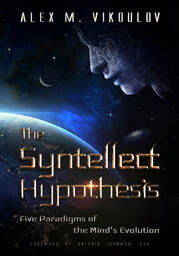 *Abridged excerpt from "The Syntellect Hypothesis: Five Paradigms of the Mind's Evolution" by Alex M. Vikoulov, available now on amazon.com, audible.com, bn.com, and directly from EcstadelicNET webstore. Ben Goertzel, one of the world's leading AI researchers, noted in his companion article in Humanity Plus Magazine: "What a wonderful example we have here of the potential for an only slightly superhuman AI to blast way past humanity in science and engineering. The human race seems on the verge of understanding particle physics well enough to analyze possible routes to femtotech. If a slightly superhuman AI, with a talent for physics, were to make a few small breakthroughs in computational physics, then it might (for instance) figure out how to make stable femtostructures at Earth gravity... resulting in femtocomputing – and the slightly superhuman AI would then have a computational infrastructure capable of supporting massively superhuman AI. Can you say “singularity”? Of course, femtotech may be totally unnecessary in order for a Vingean singularity to occur (in fact I strongly suspect so). But be that as it may, it’s interesting to think about just how much practical technological innovation might ensue from a relatively minor improvement in our understanding of fundamental physics."* Video: Interview w/Ben Goerzel - CriticalThought TV 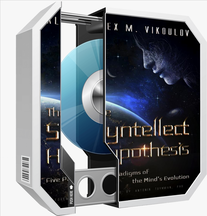 *Abridged excerpt from "The Syntellect Hypothesis: Five Paradigms of the Mind's Evolution" by Alex M. Vikoulov, available now on amazon.com, audible.com, bn.com, and directly from EcstadelicNET webstore. So what's next beyond femtotech? Hugo argues: "If femtotech (10^-15m) is possible, what about an attotech (10^-18m), a zeptotech (10^-21m), a yoctotech (10^-24m) … or a plancktech (10^-35m)? Since the smaller components are, the faster they can signal to each other, one comes to the jaw-dropping conclusion that there may be whole civilizations inside elementary particles, and that may be the reason why we don’t see signs of advanced civilizations in the cosmos, thus answering Fermi’s famous question “Where are they?” (i.e. all the advanced civilizations in space who are billions of years older than the human species). Just maybe, we humans are built with such civilizations in all our constituent elementary particles. Perhaps these “particle civilizations” communicate with each other via “quantum mechanical entanglement”, i.e. zero-signal-time action-at-a-distance. Maybe advanced civilizations are all around us, inside us, but are too small for us to see or even be aware of." This resonates quite well with the Transcension Hypothesis formulated by John Smart to account for the Fermi's Paradox. Can you see the similarities?* Video: The Transcension Hypothesis - Shots of Awe w/Jason Silva  *Abridged excerpt from "The Syntellect Hypothesis: Five Paradigms of the Mind's Evolution" by Alex M. Vikoulov, available now on amazon.com, audible.com, bn.com, and directly from EcstadelicNET webstore. Is there still plenty more room at the bottom, after the nanoscale is fully explored? It seems quite possibly so – but we need to understand what goes on way down there a bit better before we can delve in to build stuff at the femtoscale. Fortunately, given the exponentially accelerating progress we’re seeing in some relevant fields, the wait for this understanding and the ensuing technologies may not be all that long. We are part of nature evolving toward greater complexity, and all so-called natural barriers, including our own biology, are for us to transcend. There's plenty of room at the bottom - nanotechnology, femtotechnology and so on. We are also nearing the end of history here where TIME, as we perceive it, won't have much of significance any longer, so we will need to add extra dimensions to our perceptual realities. According to the Syntellect Hypothesis, our postbiological posthuman superintelligence will be our next evolutionary stage - sometime by mid-century, the era scientists refer to as the Technological Singularity. Moore's law will be continued by Kurzweil's law of accelerating returns - after semiconductors there will be many more other more advanced computational substrates - all the way down to the planckscale.* -Alex Vikoulov *That was an exclusive abridged excerpt from my new book "The Syntellect Hypothesis: Five Paradigms of the Mind's Evolution" available now on Amazon, Audible, from Barnes & Noble, and directly from EcstadelicNET webstore. Tags: femtotechnology, nanotechnology, femtotech, nanotech, picotech, attotech, zeptotech, yoctotech, plancktech, nanometer, femtometer, there's plenty of room at the bottom, Fermi's Paradox, strong AI, Transcension Hypothesis, nanoscale, femtoscale, planckscale, nanosystems, nanotubes, Richard Feynman, Eric Drexler, Hugo de Garis, Ben Goerzel, Ray Kurzweil, John Smart, Jason Silva, Humanity Plus, quantum mechanics, Syntellect Hypothesis, femtocomputing, femtostructure, superintelligence, singularity, postbiological superintelligence, posthuman superintelligence, technological singularity *Image Credit: Shutterstock About the Author: Alex Vikoulov is a Russian-American futurist, evolutionary cyberneticist, philosopher of mind, CEO/Editor-in-Chief of Ecstadelic Media Group, painter, essayist, media commentator, author of "The Syntellect Hypothesis: Five Paradigms of the Mind's Evolution," "The Origins of Us: Evolutionary Emergence and The Omega Point Cosmology," "The Physics of Time: D-Theory of Time & Temporal Mechanics," "The Intelligence Supernova: Essays on Cybernetic Transhumanism, The Simulation Singularity & The Syntellect Emergence," "Theology of Digital Physics: Phenomenal Consciousness, The Cosmic Self & The Pantheistic Interpretation of Our Holographic Reality," "NOOGENESIS: Computational Biology," "TECHNOCULTURE: The Rise of Man." Lives in Burlingame, California (San Francisco Bay Area). More Bio... Author Website: www.alexvikoulov.com e-mail: [email protected]
4 Comments
9/4/2016 11:35:57 am
Very interesting site Alex!
Reply
5/21/2017 07:44:41 am
Think of the future of healthcare as science and technolgy blend (INFO + BIO + NEURO + NANO/PICO/FEMTO).
Reply
9/13/2018 11:20:10 am
Hugo De Garis said that Pico doesnt not exist. Wrong sorry
Reply
6/7/2021 11:31:36 pm
Competent cleaners contain years in experience from this particular domain. So, through proper safeness precautions, they may do ones own work gradually. All that works calls for a accurate protection gear while having the the maintaining task. In cases where anything proceeds wrong, they will likely take maximum responsibility.
Reply
Leave a Reply. |
Categories
All
Recent Publications The Cybernetic Theory of Mind by Alex M. Vikoulov (2022): eBook Series The Syntellect Hypothesis: Five Paradigms of the Mind's Evolution by Alex M. Vikoulov (2020): eBook Paperback Hardcover Audiobook The Omega Singularity: Universal Mind & The Fractal Multiverse by Alex M. Vikoulov (2022): eBook THEOGENESIS: Transdimensional Propagation & Universal Expansion by Alex M. Vikoulov (2021): eBook The Cybernetic Singularity: The Syntellect Emergence by Alex M. Vikoulov (2021): eBook TECHNOCULTURE: The Rise of Man by Alex M. Vikoulov (2020) eBook NOOGENESIS: Computational Biology by Alex M. Vikoulov (2020): eBook The Ouroboros Code: Reality's Digital Alchemy Self-Simulation Bridging Science and Spirituality by Antonin Tuynman (2019) eBook Paperback The Science and Philosophy of Information by Alex M. Vikoulov (2019): eBook Series Theology of Digital Physics: Phenomenal Consciousness, The Cosmic Self & The Pantheistic Interpretation of Our Holographic Reality by Alex M. Vikoulov (2019) eBook The Intelligence Supernova: Essays on Cybernetic Transhumanism, The Simulation Singularity & The Syntellect Emergence by Alex M. Vikoulov (2019) eBook The Physics of Time: D-Theory of Time & Temporal Mechanics by Alex M. Vikoulov (2019): eBook The Origins of Us: Evolutionary Emergence and The Omega Point Cosmology by Alex M. Vikoulov (2019): eBook More Than An Algorithm: Exploring the gap between natural evolution and digitally computed artificial intelligence by Antonin Tuynman (2019): eBook Our Facebook Pages
A quote on the go"When I woke up one morning I got poetically epiphanized: To us, our dreams at night feel “oh so real” when inside them but they are what they are - dreams against the backdrop of daily reality. Our daily reality is like nightly dreams against the backdrop of the larger reality. This is something we all know deep down to be true... The question then becomes how to "lucidify" this dream of reality?"— Alex M. Vikoulov Public Forums Our Custom GPTs
Alex Vikoulov AGI (Premium*)
Be Part of Our Network! *Subscribe to Premium Access Make a Donation Syndicate Content Write a Paid Review Submit Your Article Submit Your Press Release Submit Your e-News Contact Us
|

